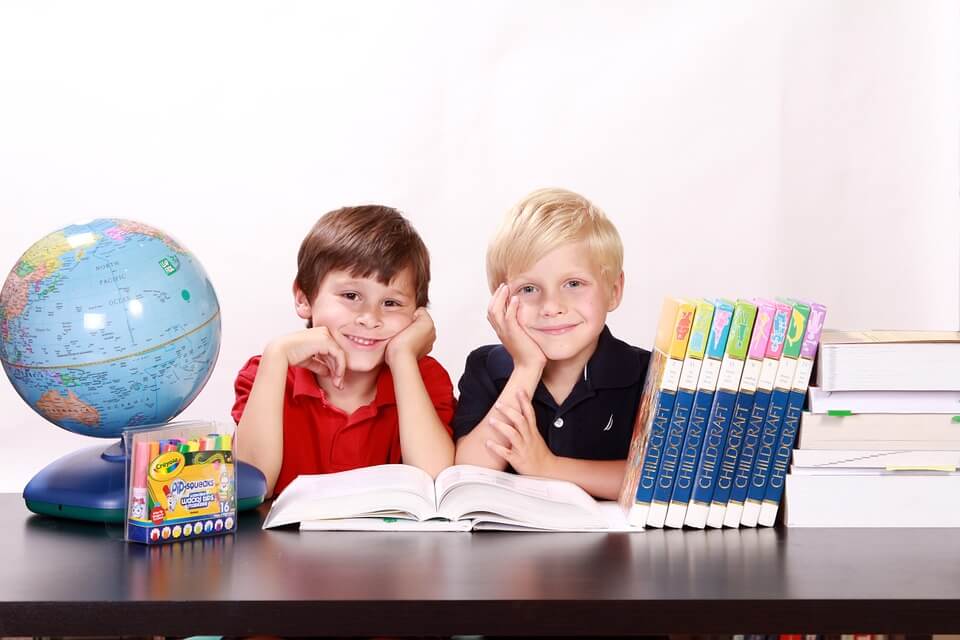When you mention psychology most people think of counselling as a treatment for emotional issues, such as anxiety or depression…
And while all psychologists have training in these areas, our team has specific postgraduate training in Educational and Developmental Psychology, which is a branch of psychology focused on learning and development.
Educational Psychology draws from other fields such as neuroscience and often involves standardised testing to obtain information about children’s learning skills and abilities.
This information enables us to gain insight into how children learn and process information and what their learning potential might be.
And it enables us to recommend specific learning strategies and supports for home and school to help them to reach that potential.
So what does this actually involve and how can it help children with learning?
“Educational psychologists aim to understand how kids learn and find ways to improve learning outcomes”, explains Jessica Levetan.
“We work with children and teenagers to identify strengths and weaknesses, help them tap into their existing resources, and build on strategies to overcome challenges and improve performance.
“And this often extends beyond the classroom to other aspects of daily living, such as stress management and building resilience and self-confidence.”
So Educational Psychologists work with children to find out HOW they learn and process information and look for ways to improve their performance.
And it’s not just intelligence that affect learning outcomes…
Emotional issues, attitudes, motivation, self-regulation, behaviour and self-esteem all contribute to learning.
A learning assessment is often the first step in the process.
This is not only to identify any learning disorders or difficulties…
A full learning assessment (or educational assessment) will also reveal:
- Specific strengths and weaknesses in underlying learning skills
- Academic achievement compared with what is expected for a child’s age and education level
- Positive and negative stimuli
- Environmental problems
- And other factors that influence the learning process
These assessments may also reveal certain problem areas — such as memory — or emotional factors that affect learning, such as anxiety.
From that point, we make recommendations such as:
- Early intervention programs
- Specific learning strategies for home and school
- How to deal with any emotional or environmental issues
But it’s not just the test results alone that make a difference to children’s learning outcomes.
“We spend a lot of time thinking about and discussing learning profiles with each other and take great care in writing clear reports and helpful recommendations based on current research evidence”, explains Deborah Jepsen.
This collaborative process produces insights which are actionable – by parents, teachers and children.




